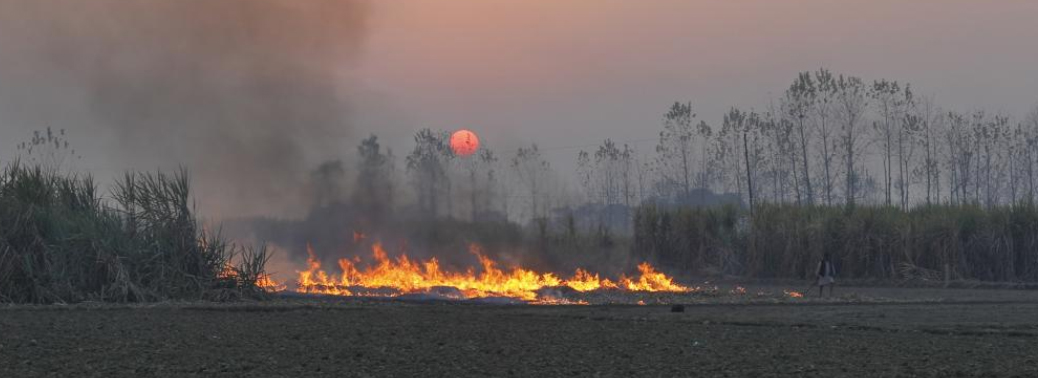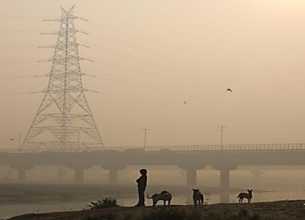CLEAN AIR COALITION:
24, Sep 2019

Prelims level : Environment- Pollution & Waste Management
Mains level : GS-III- Conservation, environmental pollution and degradation, environmental impact assessment
Why in News?
- WHO is launching a “Clean Air Coalition” led by the Governments of Spain andPeru, while a group of philanthropic organizations and foundations were poisedto launch a new “Clean Air Fund”.
Background:
- Some 29 countries and over 50 subnational entities have pledged to join the coalition committed to achieving healthy air quality by 2030, as part of their Climate Summit pledges.
- The Clean Air Coalition is also being supported by the UN Secretary General’s Office and the Climate and Clean Air Coalition of UN Environment.
What is Clean Air Fund?
- Fund brings together a group of like-minded philanthropic foundations” which have recognized that tackling air pollution will have “huge benefits for health as well as for climate.New Clean Air Fund aims to support projects that “democratizes” air quality data, making knowledge about air quality more widely accessible to large numbers of people in cities, through projects such as the Breathe London project.
- Breathe London has created a network of mobile sensors that allow children to decide how best to walk to school and parents to identify pollution hot spots.
- The new Clean Air Fund will also support “ambitious local government action.
Outcome:
- Climate and Clean Air Coalition (CCAC) agreed to accelerate efforts to significantly reduce short-lived climate pollutants by the end of the next decade in order to put the world on a “pathway that rapidly reduces warming inthe near term and maximizes development, health, environmental, and food security benefits”.
Short Lived Climate Pollutants:
- Short-lived climate pollutants like methane, black carbon and hydrofluorocarbons (HFCs) – also known as super pollutants – are many times more powerful than carbon dioxide at warming the planet but because they are short-lived in the atmosphere, preventing emissions can rapidly reduce the rate of warming.
- Many are also dangerous air pollutants and reductions will benefit human health and ecosystems.
- Increasing action on short-lived climate pollutants can avoid an estimated 2.4 million premature deaths from outdoor air pollution annually by 2030, prevent as much as 52 million tonnes of crop losses per year, and slow the
- increase in global warming by as much as 0.6°C by 2050.
- It can also prevent the climate tipping points that can exacerbate long-term climate impacts and make adapting to climate change harder, especially for the poor and most vulnerable.
Goal:
- The Coalition’s goal is to reduce short-lived climate pollutants beyond the recommendations made by the Intergovernmental Panel on Climate Change (IPCC) in its special report Global Warming of 1.5˚C.
About the UN Environment Programme:
- UNEP is the leading global voice on the environment. It provides leadership and encourages partnership in caring for the environment by inspiring, informing, and enabling nations and peoples to improve their quality of life without compromising that of future generations. UNEP works with governments, the private sector, civil society and with other UN entities and international organizations across the world.
About Climate and Clean Air Coalition:
- The Climate and Clean Air Coalition is a voluntary partnership of governments,intergovernmental organizations, businesses, scientific institutions and civilsociety organizations committed to improving air quality and protecting theclimate through actions to reduce short-lived climate pollutants.
- Their global network currently includes over 120 state and non-state partners,and hundreds of local actors carrying out activities across economic sectors.








